When I was eight or nine, I wandered into the living room and found my mother watching a film I didn’t recognize. Grace Kelly was pleading with a man not to reveal their affair to her once distant, now much-reformed husband. Then, ‘Mr. Kelly’ arrived. He was charming, witty, impeccably dressed and secretly plotting to murder his wife. I was hooked. Not because I wanted her to survive; but because I wanted him to succeed. Such is the allure of Ray Milland.
He was born Alfred Reginald Jones on 3 January 1907 in Neath, Glamorgan, Wales. Tall with wide, sensitive eyes and a mellifluous baritone, he had the affable good looks of the boy next door, especially if next door happened to be an English country house. He was also irrepressibly charming and wore it lightly, as if his likeability on screen was almost as much a surprise to him as it was to you.
He served in the Household Cavalry and joined the company’s rifle team, winning several competitions before leaving the army in 1928 in the hopes of becoming an actor. His skill as a marksman got him a bit part as a sharpshooter in the 1929 version of The Informer, which led to his first lead role in The Flying Scotsman (also 1929), one of Britain’s earliest sound films.
Milland adopted his stage name soon after, inspired by the mill lands near Neath. He moved to Hollywood in 1930 and made himself agreeable in a string of light comedies and romances, before getting his big break as Dorothy Lamour’s leading man in The Jungle Princess (1936). Larger roles followed. He slid about an oversized bathtub with Jean Arthur, fully clothed, in Easy Living (1937), did as promised as the titular hero of Bulldog Drummond Escapes (also 1937) and joined the French Foreign Legion with brothers Gary Cooper and Robert Preston in Beau Geste (1939).
In 1942, the same year he battled John Wayne and a giant squid in Reap the Wild Wind, he also appeared in The Major and the Minor, the comedy that marked Billy Wilder’s American directorial debut. Wilder’s script, co-written with Charles Brackett, is only slightly less improbable than the squid. Fed up with New York, Susan Applegate (Ginger Rogers) decides to take the train home to Stevenson, Iowa, but only has enough money to buy a child’s fare. Desperate, she disguises herself as a 12-year-old girl named Su-Su and hides from the sceptical conductor, ending up in Major Phillip Kirby’s (Milland) compartment. The plot hinges on Milland’s sincerity. “Su-Su” is a singularly unconvincing child; Kirby is an astonishingly credulous adult. For maximum absurdity, only one of them can be in on the joke and it isn’t Kirby. He’s far too chivalrous. The major gallantly offers Su-Su a bunk in his compartment and late at night, the sound of a thunderstorm wakes her. He climbs down to help her draw the blinds. Rogers clutches the sheets to her chest with exquisite discomfort, but Milland gets bigger laughs hugging the poor, frightened girl, telling her a cute bedtime story to explain the thunder and lightning and generally treating her as if she were six, not 12—all the while, completely oblivious to the real source of her distress. No knight in shining armour was ever this sweet or silly.
It was also Wilder who offered Milland what turned out to be the biggest role of his career, as Don Birnam, an alcoholic writer whose life disintegrates in The Lost Weekend (1945). Hollywood had made films about alcoholism before, but never one as brutal as this. Don is a study in addiction—its causes, its calculations and its costs—and watching his descent into the maelstrom is almost unbearable. Early in the film, he persuades his brother, Wick (Phillip Terry) and fiancée Helen (Jane Wyman) to leave him alone in his flat for the afternoon. The moment they leave, Don darts from room to room, half-crazed, desperately looking for money, his eyes lit with an all-consuming hunger. For him, it’s always about the next bottle, the next fix. Milland presents each self-destructive impulse with frightening intensity. But he also shows us the anguish and shame of a fundamentally good man struggling with an addiction he feels powerless to fight. The drinking makes Don seem like a monster; Milland reminds us he’s human.
His performance made him the first Welshman to win the Academy Award for Best Actor. He also received the best actor award at Cannes and the Golden Globes and from the New York Film Critics Circle and the National Board of Review, as well as the key to Cardiff. The Lost Weekend also won Oscars for best director, best screenplay and best picture and was nominated for three more.
Milland’s talent for shadows soon made him an obvious choice for noir. In The Big Clock (1948) he plays George Stroud, editor of Crimeways, a true crime magazine owned by narcissistic publishing magnate Earl Janoth (Charles Laughton). When Janoth murders his mistress, he frames another man for the crime and tasks Stroud with finding him, not realizing that doing so makes the editor both fox and hound. Stroud must dodge a manhunt he’s supposed to be leading, while also frantically trying to prove his innocence. The Big Clock has the atmosphere of a pressure cooker and Milland spends much of it being slowly brought to a boil. Stroud is resourceful, cunningly sabotaging the Crimeways investigation however he can—you can almost see the gears in Milland’s mind turning. But he isn’t infallible and as the reporters draw closer, his eyes grow anxious and he begins to resemble a trapped animal, scrambling to escape.
He was equally adept at playing predators. In Alias Nick Beal (1949) he plays the eponymous Beal, a mysterious stranger who tempts district attorney Joseph Foster (Thomas Mitchell) from the straight and narrow. The film is Faust as film noir, with Milland at its dark heart. There’s nothing overtly wrong with Beal. He radiates authority and breeding and has a solution to every problem. But his smiles chill the blood. Early in the film, he appears out of the fog at a seedy bar and tells the woman (Audrey Totter) crumpled at his feet that he wants “a woman, quite beautiful, wearing sapphires and silk and sable”. Milland’s hissed sibilants sound like a seduction. The woman, a failed actress named Donna, hesitates and he walks away, then turns and fixes her with a gaze as enticing as any lure. She gives in and they walk off into the fog together, Beal whistling like a malevolent Pied Piper. You can’t take your eyes off Milland and neither can she.
As Tony Wendice, Grace Kelly’s treacherous husband in Dial M for Murder (1954), Milland exerts a gravitational pull that no one, not even the audience, escapes. With a smile like his it seems churlish to resist. Wendice invites Lesgate (Anthony Dawson), a stranger, to his flat to discuss buying a car Lesgate is selling. Over brandy, the conversation shifts to Margot and he confides in Lesgate as he would an old friend: how he discovered Margot’s affair; how much he had come to depend upon her money; how he had thought of killing her. That last confession almost slips by. Milland is so disarming you permit Wendice his little indulgences, even homicide. The best of Alfred Hitchcock’s films are distinguished by their villains; no wonder Milland said Wendice was his favourite role.
My favourite is Rick Fitzgerald, the composer who unearths a haunted house’s secrets in The Uninvited (1944). Rick and his sister Pamela (Ruth Hussey) are so carefree that they stumble upon Windward house on holiday in Cornwall and immediately decide to buy it and move in. He is thoroughly endearing, the sort of man who laughs at everything; when the ghosts leave him panic-stricken, you take the threat seriously. The Fitzgeralds’ search for answers leads them back to the original owners, including Stella Meredith (Gail Russell), a fragile young woman who sorely needs friends. Watching Rick and Stella’s relationship blossom into something stronger is one of the film’s quiet pleasures. Halfway through, Stella tells Rick she’s glad he and Pamela moved into Windward: Milland beams so brightly, he could light up a foggy day. Later, Rick invites Stella over and plays one of his compositions for her (‘Stella by Starlight’, destined to become a jazz standard). Suddenly, the candles dim, the music becomes melancholy and Rick looks desolate—one of Windward’s unseen tenants is making its presence felt. Thanks to Milland, the sight of Rick being hollowed out from the inside is more frightening than any special effect and solving the mystery takes on new urgency. You want Rick to exorcise the house—for his sake as well as everyone else’s.
As leading roles grew scarce, Milland turned to directing low-budget films in the 1950s, with some success, and made several television appearances, including headling two shows, The Ray Milland Show (1953-55) and Markham (1959-60). He also made the rare transition from leading man to character actor, most notably as Ryan O’Neal’s father in Love Story (1970). He died in 1986 at the age of 79. According to The New York Times, he once told an interviewer that his philosophy on acting was: “Do what you can with what you’ve got.” He always did that—and more.
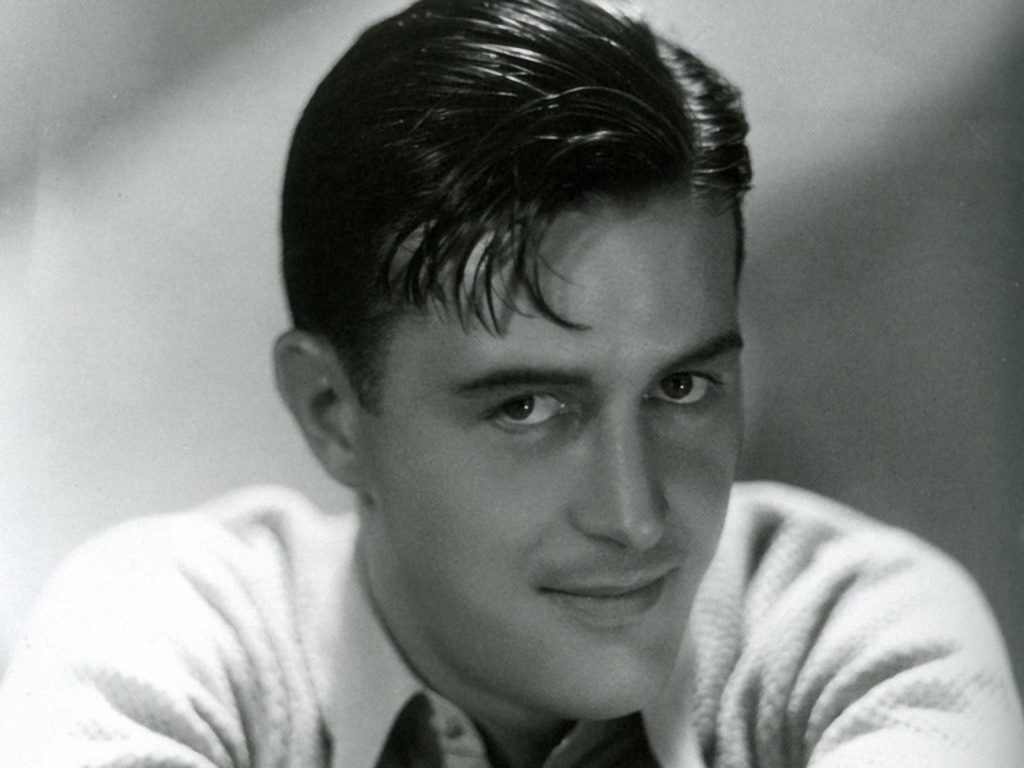
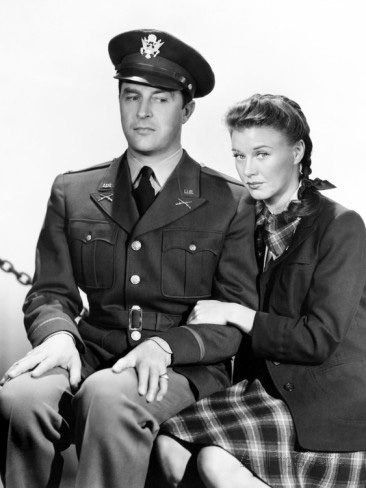
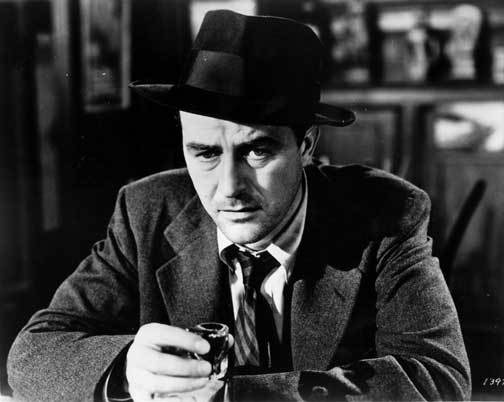
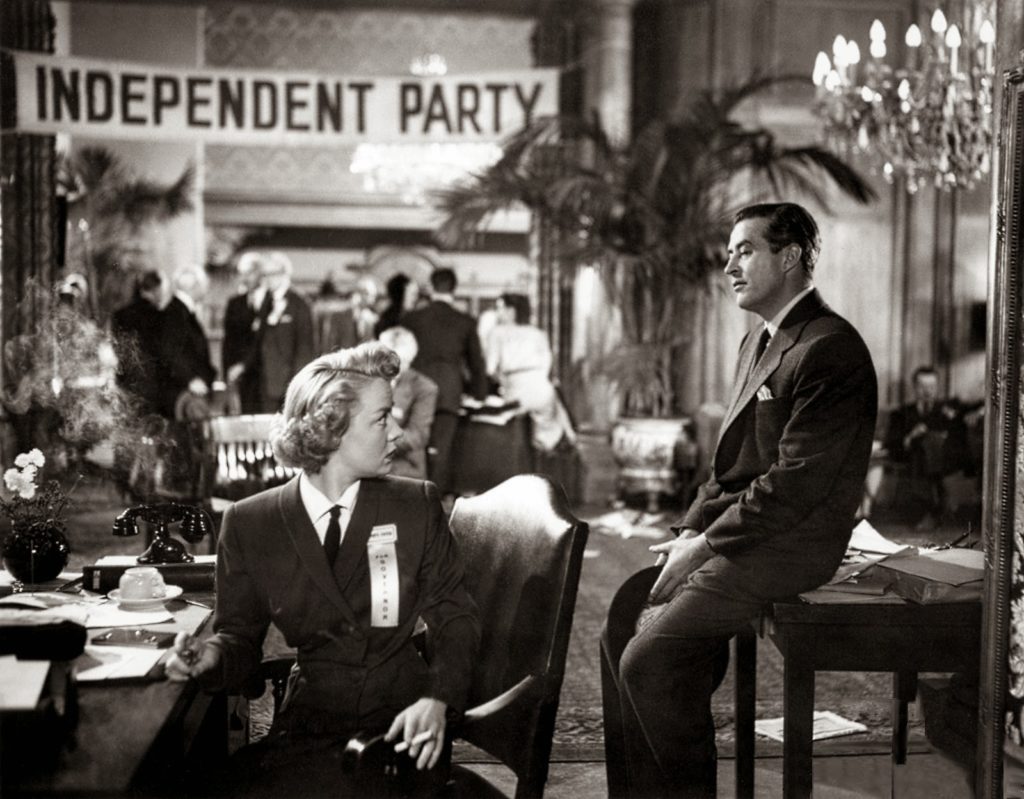
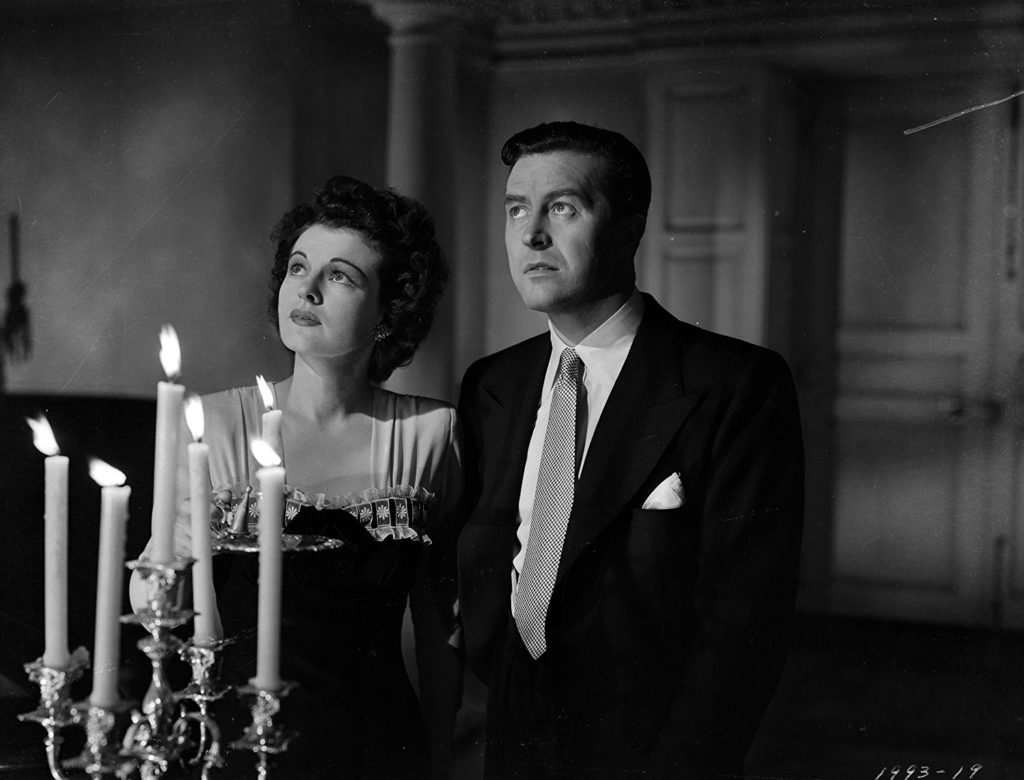
Ray Milland has always been my favorite actor-I am happy to read that Wendice was his favorite role(I have watched that film many times)…. The Lost Weekend is the most perfectly insular movie, ever.
What a beautiful actor was Milland.
Hello Ann, he’s one of my favourites too and despite all the awards he got for ‘The Lost Weekend’, I still think he was a little underrated. In ‘Dial M for Murder’ he manages to steal scenes from Grace Kelly- no mean feat.
Yes, much underrated and with a relatively wide range: comedy, menace, romance, thoughtful.
Yes, he was wonderful!